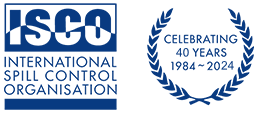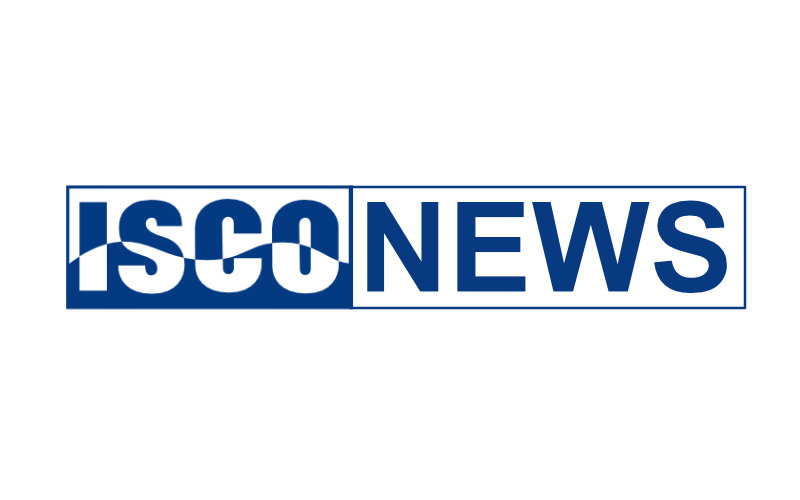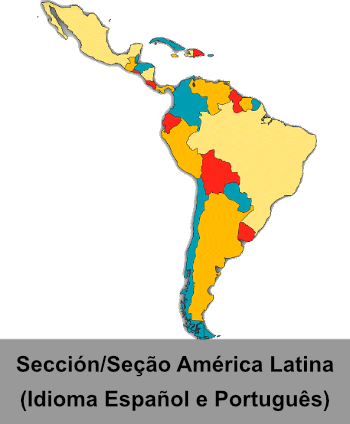The joint working group established by the International Spill Accreditation Association (ISAA) in collaboration with the International Spill Control Organization (ISCO) has now been working as a correspondence group for nearly six months on the work of developing spill response accreditation criteria for assessing spill response organizations (SROs) involved in response to onshore chemical spills and marine HNS incidents.
The task is not an easy one and it is anticipated that the minimum accreditations standards for different categories of chemical / HNS responders (public and private) will be introduced in stages.
The Working Group includes internationally respected experts from USA, Canada, UK and the Netherlands:
•Dr Merv Fingas, who has more than 25 years of spill response experience with Environment Canada where he was head of the Emergencies Science Division. He was appointed to the United States Academy of Sciences and is on the editorial board of the Journal of Hazardous Materials. Publications include The Handbook of Hazardous Materials Spills Technology and Survey of Chemical Spills Countermeasures.
•Mr Kevin Miller, who, as Managing Director of HazmatLINK works with industry, emergency services and governments, providing advice and consultancy on planning and managing incidents involving hazardous materials. Prior to this he managed the United Kingdom’s National Chemical Emergency Centre (NCEC). In this role he was responsible for ensuring a rapid and professional response to over 1500 incidents per year. He was a member of the Department for Transport working group that developed the code of practice for security of dangerous goods transported by road and rail, assisted in the development of the European Emergency Response Intervention Cards (ERICards), and peer reviewed the CDC/NIOSH’s emergency response safety and health database.
•Dr. Manik Sardessai, Vice President of Technical and Environmental Affairs and Director of Training of Detroit, Michigan, USA based Marine Pollution Control (MPC) Corporation, responsible for developing both in-house and client training programs, including 40, 24, and 8 Hour Hazardous Waste Operations and Emergency Response (HazWoper, CFR 1910.120) courses, DOT, Incident Command Systems (ICS), and Chemistry classes. As a Faculty, he has taught both undergraduate and graduate level courses at Wayne State University, U.S.A. and University of Saskatchewan, Canada. Since 2002, he has been a member of Chemical Transportation Advisory Committee (CTAC) (USCG, USA).
•Dr Wierd Koops is Professor in Maritime, Marine, Environmental and Safety Management at the Maritime Institute Willem Barentsz. He also is an independent consultant and manager of Accidental Spill Control Consultancy vof with specific expertise on accidental or deliberate marine pollution. He has more than 30 years of professional experience in oil and chemical spill response. He is an experienced project manager, with extensive international experience in all the aspects of emergency management: prevention, preparation, response and evaluation. He has broad experience in international projects (Helcom, Bonn Agreement, Barcelona Convention, IMO and EU).
•Mr Nick Bailey joined DV Howells in 2003 as a chemicals expert with many years international incident response experience. He also sees to it that the Chemical / HNS spill response units are maintained with the most appropriate and up to date equipment.
Nick’s track record of managing chemical response scenarios is impressive. Aside from dealing with a wide range of incidents, he is also heavily involved with chemical, biological and hazardous incident response services worldwide.
•Mr Bill Atkinson is Head of Emergency Response at the National Chemical Emergency Centre (NCEC), AEA Technology. He is responsible for a team of experts providing chemical emergency response advice worldwide to emergency services, chemical industry and the transport sector
Development of the new standards will extend the existing ISAA accreditation disciplines that are focused on oil pollution and include freshwater spills, shoreline clean-up, marine spills, groundwater pollution, on-land spills and road/rail tanker incidents





